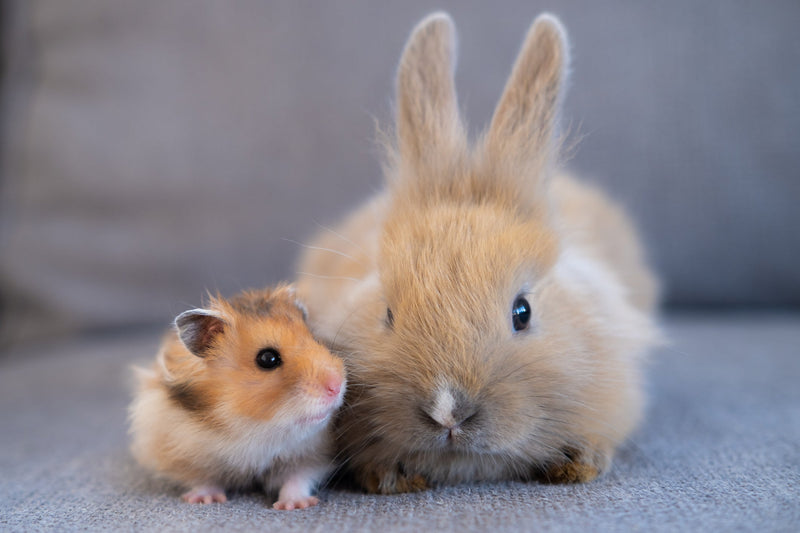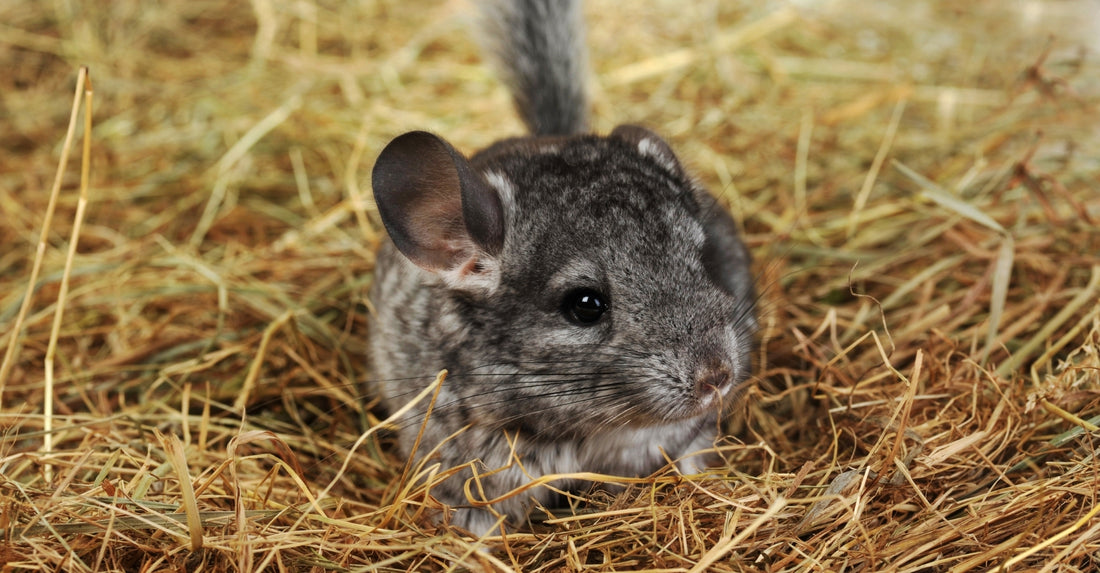
- 28 October 2025
- small pets

Small pets feeding hay
Discover our range of homegrown, quality assured small pet feeding hays packed with natural tasty goodness.
Baled within 48 hours of cutting to maintain the nutrition nature intended, and processed to remove dust and bacteria ensuring premium quality in every bite.
Good quality, small pet feeding hay should make up the majority of the daily diet for many small herbivores including chinchillas.
Our unique approach to processing, The Newhay Way™, retains the goodness that nature intended, whilst reducing dust and bacteria which can be dangerous for your furry little friends. The result is the most nutritious, delicious and quality assured hay that small animals love and owners rely on.
Our premium hay is ideal chinchilla food and offers a nutritionally robust and natural choice for other small pets too. Small pets find it irresistible and give all our natural varieties the ‘paws up’! An added bonus of wholesome coarse varieties, like our Timothy Hay, is that it takes time to chew which helps prevents boredom as well as satisfying their appetite.
Need more advice? We have lots of useful information to help you take the best care of your small pet.
Explore our Pet care blog for facts and guides on how to care for your chinchillas and other small pets.